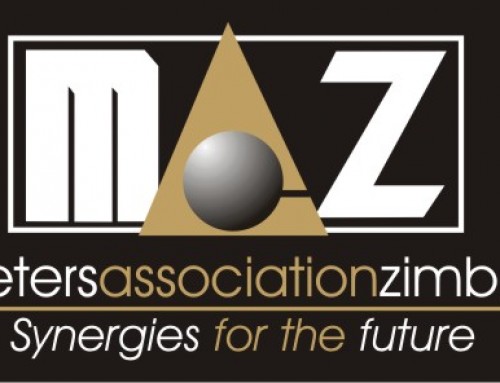Research is a very important part of business. It helps you to keep in touch with your firm’s micro and macro environments. This is critical as you can make decisions proactively ensuring the survival of your firm. The results of a research exercise are as good as the individual who is conducting the research. The way that the researcher structures the research, converts the data into information and makes recommendations can and will make the difference. Let me just quickly go through some of the qualities that you should look for in a good research professional.
Integrity: A good research professional should be honest and have strong moral principles. This will ensure that the information that you get from the researcher is accurate. Many a time a researcher is left to conduct the research without any supervision, at times in areas that are far away from the contractor. A researcher who is not honest can fill in the questionnaires himself leading to false results being produced. You can pick whether or not a researcher is honest by either making spot checks on him or her. You can also see it when the researcher makes his or her presentation to the stakeholders. A good research professional who has integrity will stand by the results regardless of the pressure that the stakeholders put on him or her. A researcher with a high level of integrity will stand by the results even to the extent of losing the job.
Creativity: This is a very important quality as it could be the difference between results being produced and nothing being produced at all. Creativity is required in terms of selecting data sources, structuring the questionnaires and even writing the report. Sometimes it is not possible to conduct a mystery shopper campaign or a telephonic campaign for various reasons. A good research professional should be able to find the best way forward manipulating the firm’s systems and employees in a way that will lead to results being produced. Creativity will also help in the case that a firm has a small budget but still needs big results. You can always test these aspects when you are interviewing the researcher by hearing how he or she will respond to the various scenarios that you will present to him.
Flexibility: One major aspect about research is that its success is dependent on the respondents. One has to be ready to go where the respondents are, fit into the respondents’ schedules and go at the respondents pace among other issues. This might mean working at night or even on a Sunday. The modes of transportation that may be required may not be good depending on where one has to go. Test your potential researcher by presenting him with different scenarios and seeing how willing he or she will be to still take the job under difficult conditions. A flexible researcher is good in that even if things go wrong in situations that seem straight forward results will still be produced.
Reporting: The difference between one researcher and the next is seen in the quality of the reports that they produce. One researcher will give you words and numbers and the other will give you valuable information. When a report is produced you should not only be able to see the sources of your various problems but you should also be able to see how they affect other areas of your business. A good research professional will be able to make you see what happens between the lines, he or she should make you see what you would not have been able to see yourself. The ultimate indicator would be the ‘shock value’ that you receive when the report is presented to you. If you find yourself dosing off in a presentation because you have not learnt something new then you know that you might have wasted your time and money.
Strategic Outlook: A report should talk to your firm’s vision, goals or even your mission. The research exercise should be guided by what you would want to achieve as an organisation. A report in its own is not enough if it does not relate to something. For example if a company prides itself in giving excellent customer care an acceptable mark for customer satisfaction could even be as high as 90%. If the firm does not worry much about customer service 60% can be interpreted as a good mark. This is because the goals of the firm is different. If you do not hear your researcher trying to marry the report to the operations of your firm in such ways then you might not have invested your money wisely.
There is a thin line between getting information from a research exercise in a way that will make or break your organisation. Be careful who you hire as their information can set you on the wrong path for the next month, 6 months or even a year depending on how you plan your operations. Remember, garbage in, garbage out.
Thanks
Ruvimbo.






Leave A Comment